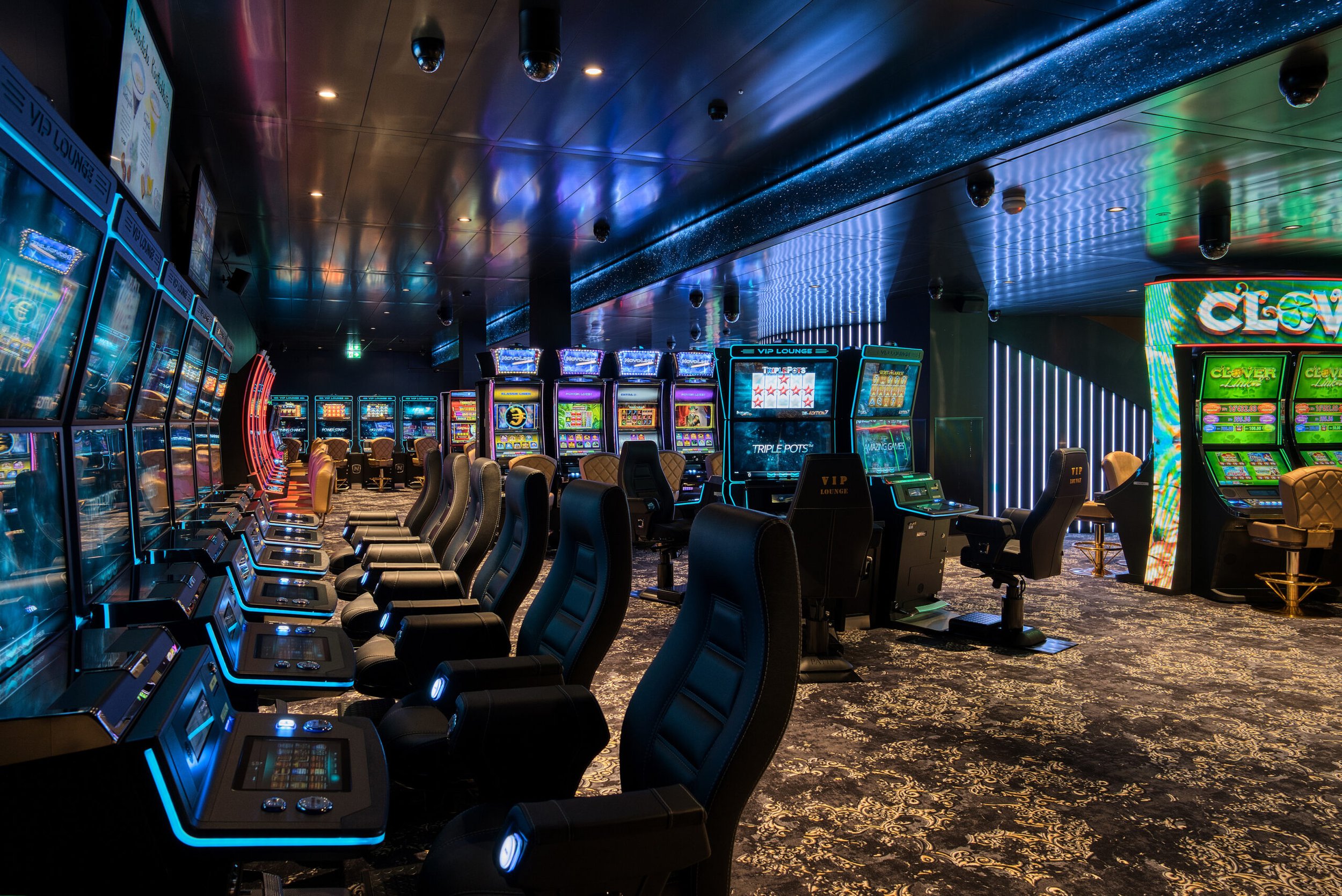
Liechtenstein - 81.30
31
Simultaneously distinctly Swiss and distinctly un-Swiss
Liechtenstein, a microstate sandwiched between (and heavily reliant on) Switzerland and Austria, Liechtenstein is regarded the world over as a libertarian haven. Liechtenstein maintains low taxes (some of the lowest in the European Union) despite recent reformations to the tax code removing Liechtenstein’s tax haven status in response to EU sanctions. In addition, Liechtenstein’s gun laws are relatively loose by EU standards. Liechtenstein is effectively a satellite state of Switzerland and is very similar to Switzerland in the fields of culture, economics, and both country’s libertarian attitude. However, Liechtenstein differs from Switzerland in one key area: democracy. To call Liechtenstein a democracy would be a stretch, as the Prince holds absolute power over the executive branch. While elections for the Landtag, the country’s legislative body, are ostensibly free and fair, an 8% voter threshold is required for parties to hold seats, resulting in historic two-party domination. If not for its democracy score more akin to the likes of Turkiye and Serbia than Finland and Ireland, Liechtenstein could have been a real contender.
Human Rights - 91
Liechtenstein has fully abolished the death penalty. Liechtenstein has registered partnerships but no gay marriage. Any single person can adopt and same-sex couples can adopt stepchildren but Liechtenstein has no true joint same-sex adoption. Abortion is legal to preserve the physical health of the woman and in cases of rape.
Democracy - 30
Liechtenstein is home to the second most powerful hereditary monarchy in Europe, after Monaco. The prince has near absolute control over the executive branch, with the prime minister acting mostly in an advisory capacity. The current prince, an aging Hans-Adam II has delegated most of his executive power to his son, Crown-Prince Alois, but both of these positions are hereditary. The Landtag is elected through proportional representation, and elections are largely free and fair. However, a relatively high voter threshold of 8% has resulted in historic two-party domination that is only just now beginning to fracture. Liechtenstein also has some of the most restrictive naturalization rights in Europe, resulting in a third of the population lacking the right to vote.
Freedom - 82
Liechtenstein, often lauded as a libertarian haven, is not perfect in terms of freedoms. The country has seldom-enforced hate speech laws banning public insults directed at any racial or ethnic group. Roman Catholicism is the state religion but freedom of religion is guaranteed. Liechtenstein also has some of the strictest drug laws in Europe, but reports of their level of enforcement vary. Liechtenstein is adherent to Swiss gun law, meaning that Liechtenstein shall issue gun ownership licenses for semi-automatic rifles and handguns, while bolt-action rifles and shotguns are permitless. Personal protection licenses require a stated reason and background check.
Economy - 94
Health - 100
Liechtenstein has a life expectancy of 83 years and the country has had no infant mortality for several years. 21% of Liechtensteiners are obese and less than one percent are malnourished. The government provides free comprehensive health insurance to all citizens, but stemming largely from the country’s wealthy population, many Liechtensteiners opt for private health insurance. All Liechsteiners have access to clean, running water.
Corruption - 96
Liechtenstein has very little issue with corruption, but MPs are not required to declare assets or conflicts of interest.
Competency - 97
The government is failing to ensure openness and transparency.
Future - 90
Liechtenstein’s burgeoning tourism economy is likely to continue to develop, largely as a result of the country’s 2010 legalization of gambling. GDP growth is uncertain, precluding the country from a higher score.
Actions Abroad - 100
Liechtenstein does not have an expeditionary military force. Liechtenstein was a tax haven but has recently reformed its tax code in response to sanctions from the EU. Liechtenstein is, for all intents and purposes, a Swiss client state.
0.1% of Liechtensteiners live below the international poverty line and 1.2% live below the national poverty line. 1.9% of LIechtensteiners are unemployed. The country has a low economic disparity. Liechtenstein does not have a minimum wage and all employees are expected to join unions or guilds. Liechtenstein offers free comprehensive health insurance to all citizens. All hospitals in the country are private. No up-to-date GDP growth information was made available for Liechtenstein.
